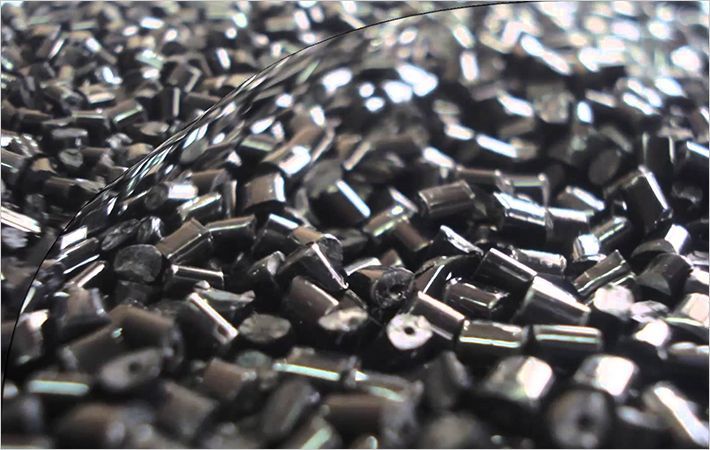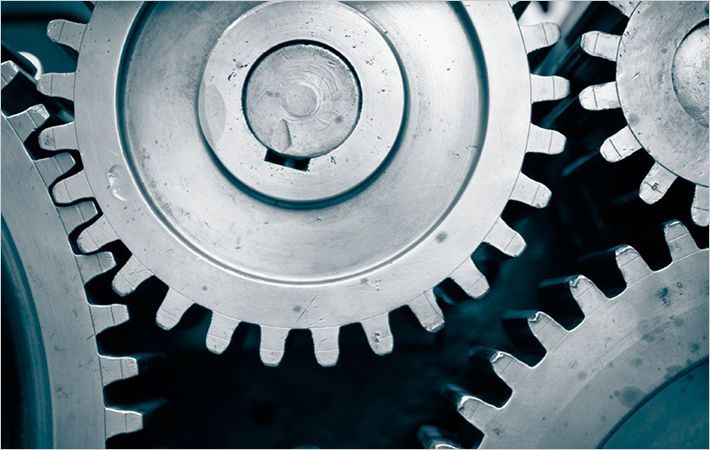BASF and the Max Planck Institute for Polymer Research (MPI-P) opened their joint research and development platform, the Carbon Materials Innovation Center (CMIC), at BASF's Ludwigshafen site. A multidisciplinary task force will research the scientific principles and potential applications of innovative carbonized materials.
The twelve-member international team is composed of chemists, physicists and material scientists. The activities conducted in the 200 square meter laboratory will include synthesizing and characterizing new materials and evaluating their potential uses in energy and electronic applications. The total investment for the joint research and development platform amounts to €10 million. The cooperation is initially scheduled to run for three years.BASF and the Max Planck Institute for Polymer Research (MPI-P) opened their joint research and development platform, the Carbon Materials Innovation Center (CMIC), at BASF's Ludwigshafen site. A #
“We are on the threshold of a new cross-sectional technology that will revolutionize numerous applications and open the way to innovations. The race to discover future applications of carbon-based materials like graphene is in full progress and we want to be among the very front runners when it comes to utilizing this potential,” said Dr. Andreas Kreimeyer, Member of the Board of Executive Directors of BASF and Research Executive Director, at the laboratory inauguration ceremony.
“Through the Carbon Materials Innovation Center and together with our partners, we want to become better acquainted with the materials in order to evaluate the possibilities for sustainable applications. There is a wide range of ideas for applications, including displays or batteries with a vast market potential for these applications,” Kreimeyer added.
MPI-P and BASF have been jointly researching the carbon material graphene since 2008. The CMIC is the next important step in jointly investigating and successfully accessing the potential of not only graphene, but also of other innovative carbon-based materials.
“Graphene is a novel material with many promising properties and potential applications”, Prof. Dr. Klaus Müllen, Director at MPI-P, who has already made important advances in synthesizing defined graphene nanoribbons, said. The material features its specific semiconductor properties with unique performance characteristics only in this specific form.
Graphene is closely related to graphite that is used, for example, in pencils. In contrast to graphite, graphene consists of only a single atomic layer of carbon atoms.
Müllen emphasized the great potential of graphene: “The properties of the two-dimensional crystal are fascinating. Graphene conducts electricity and heat very effectively, is ultra-light weight and simultaneously very hard. Graphene is also chemically very stable, elastic and practically transparent. These properties make the material highly attractive for numerous technological applications.” These include solar cells and touchscreens, for instance. Graphene could also be used in certain components in the automotive industry: besides using graphene-based composites, further potential uses for this interesting material include batteries, catalysts or catalyst carriers.
The CMIC is the first research platform to be operated by BASF jointly with a scientific partner on a BASF site. “The cooperation with MPI-P is an outstanding example of our knowledge Verbund in BASF research. The aim is to gain access to new technologies and business areas in the field of carbon-based materials and allow the rapid transfer of our application-oriented knowledge base into industry, so we can use it to generate sustainable solutions from chemistry,” Kreimeyer added.
Basf

